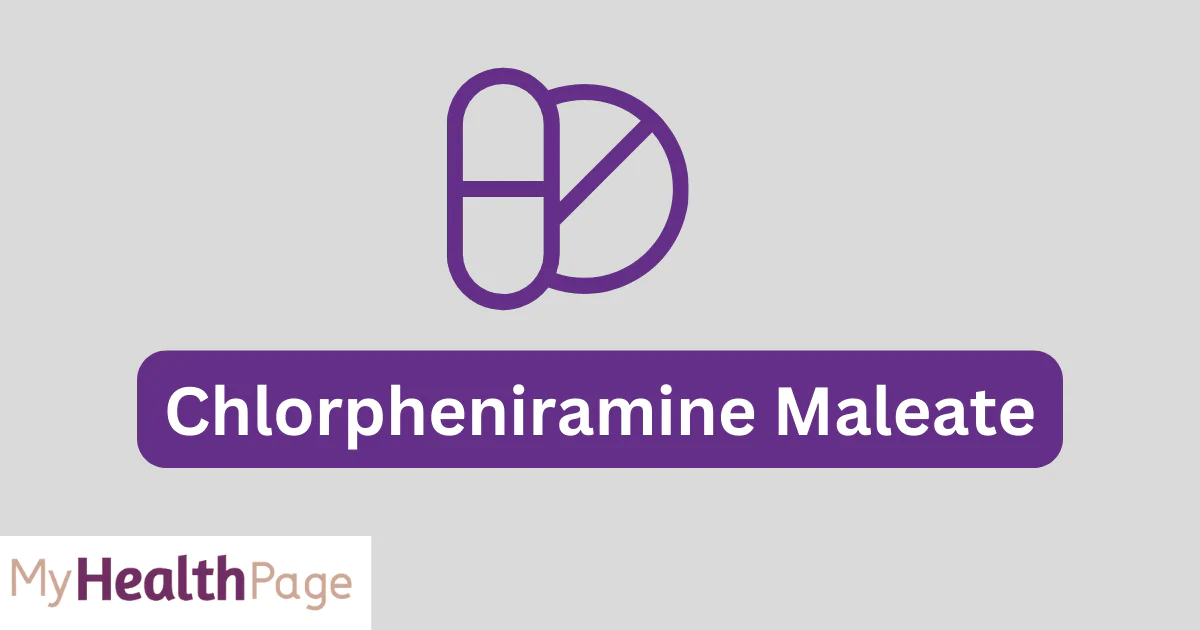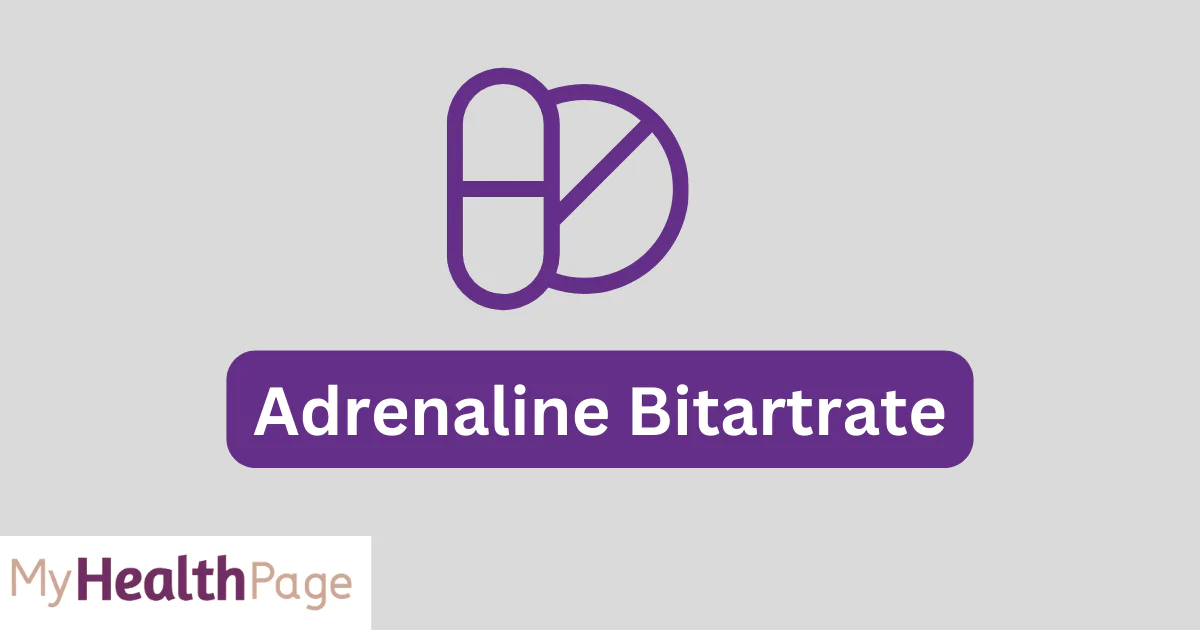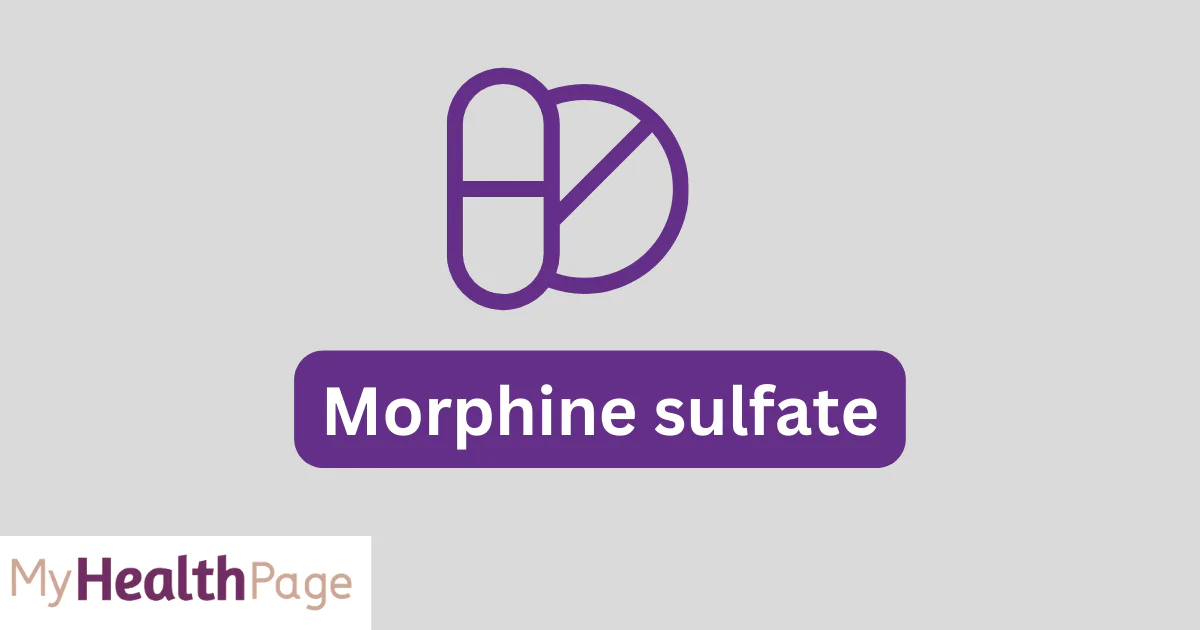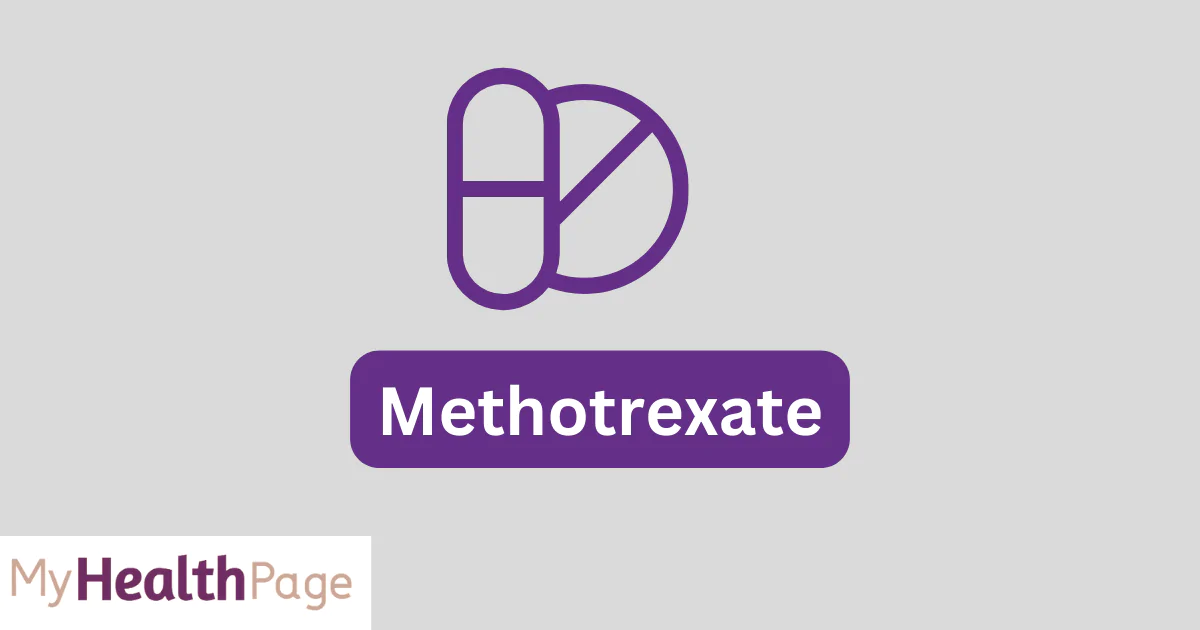Dexamethasone, a potent synthetic corticosteroid, has been widely used in the medical field due to its anti-inflammatory and immunosuppressant properties. This article delves into the various aspects of Dexamethasone, providing essential information for healthcare professionals and patients alike.
Uses of Dexamethasone
Dexamethasone serves multiple therapeutic purposes, primarily due to its powerful anti-inflammatory effects. It is commonly prescribed for:
- Managing Allergic Reactions: Effective in severe allergic responses where conventional treatments might not suffice.
- Controlling Autoimmune Diseases: Useful in managing conditions like rheumatoid arthritis, lupus, and multiple sclerosis.
- Treating Cerebral Edema: Reduces swelling and pressure within the brain associated with tumors, head injuries, or neurosurgery.
- Managing Respiratory Distress Syndrome: Particularly in preterm infants, it helps in lung development and function.
- Adjuvant Cancer Therapy: Reduces inflammation and manages symptoms associated with cancer treatments.
Warnings
Dexamethasone, while beneficial, comes with its set of precautions:
- Immunosuppression: It can weaken the immune system, increasing the risk of infections.
- Adrenal Suppression: Long-term use may suppress the body’s cortisol production, necessitating a gradual reduction in dosage before stopping.
- Blood Sugar Levels: Patients with diabetes should monitor their blood sugar levels closely, as Dexamethasone can cause fluctuations.
- Pregnancy and Breastfeeding: Its use is generally advised against unless the potential benefits outweigh the risks.
Before Taking Dexamethasone
It’s crucial to inform your healthcare provider about:
- Existing Medical Conditions: Especially if you have diabetes, high blood pressure, kidney or liver disease, thyroid disorders, or a history of tuberculosis.
- Current Medications: To avoid potential drug interactions.
- Allergies: Particularly to any corticosteroids.
Dosage
Dosage varies significantly based on the condition being treated, patient age, and response to treatment. It’s administered orally, intravenously, or as a topical application. Always follow your healthcare provider’s instructions.
- Adult Dose: Typically ranges from 0.75 to 9 mg daily, depending on the condition.
- Pediatric Dose: Adjusted according to body weight and the specific condition.
Side Effects
While effective, Dexamethasone may cause side effects, including but not limited to:
- Common: Insomnia, mood swings, increased appetite, and weight gain.
- Serious: Osteoporosis, muscle weakness, cataracts, peptic ulcers, and growth suppression in children.
Immediate medical attention is required if severe side effects or signs of an allergic reaction occur.
Detailed Interactions of Dexamethasone
Dexamethasone’s potent effects can influence the efficacy and metabolism of various drugs, as well as be influenced by them. Understanding these interactions is crucial for healthcare professionals to manage and mitigate potential risks.
With Other Medications
- Blood Thinners (Anticoagulants): Dexamethasone may either increase or decrease the effects of anticoagulants like warfarin. Regular monitoring of INR (International Normalized Ratio) levels is recommended to adjust the anticoagulant dose as needed.
- Epilepsy Medications (Anticonvulsants): Drugs such as phenytoin, carbamazepine, and phenobarbital may increase the metabolism of Dexamethasone, potentially reducing its effectiveness. Dosage adjustments might be necessary to maintain therapeutic effects.
- Antifungal Agents: Certain antifungals, especially ketoconazole, can inhibit the metabolism of Dexamethasone, leading to increased levels and potential toxicity. Close monitoring and possible dosage adjustment of Dexamethasone are advised.
- HIV Medications: Protease inhibitors, used in HIV treatment, can also affect Dexamethasone’s metabolism, necessitating adjustments in its dosage to achieve the desired response while minimizing side effects.
With Vaccines
- Live Vaccines: The immunosuppressive effects of Dexamethasone may diminish the immune response to live vaccines, such as measles, mumps, rubella (MMR), and varicella. It is generally recommended to avoid the administration of live vaccines to patients receiving immunosuppressive doses of corticosteroids.
With Herbal Supplements and Over-the-Counter (OTC) Products
- St. John’s Wort: This herbal supplement can accelerate the metabolism of Dexamethasone, reducing its efficacy. Patients should be cautioned about the use of herbal supplements while taking Dexamethasone.
- Non-prescription Medications: Over-the-counter NSAIDs (e.g., ibuprofen, naproxen) used concurrently with Dexamethasone may increase the risk of gastrointestinal side effects. It’s important for patients to inform their healthcare provider about all OTC products they are taking.
Alcohol and Lifestyle Interactions
- Alcohol: Combining Dexamethasone with alcohol may increase the risk of gastrointestinal ulcers or bleeding. Patients should be advised regarding the consumption of alcohol while undergoing treatment with Dexamethasone.
- Tobacco: Smoking may decrease the blood levels of Dexamethasone, diminishing its therapeutic effects. Smokers may require a higher dose to achieve the same efficacy as non-smokers.
Monitoring and Management
Effective management of these interactions involves:
- Comprehensive Medication Review: Regularly updating and reviewing the patient’s medication list, including prescription drugs, OTC products, and herbal supplements.
- Adjusting Doses: Based on the interaction potential, adjusting the dose of Dexamethasone or the interacting drug to maintain efficacy and minimize adverse effects.
- Patient Education: Informing patients about potential interactions and advising them on how to avoid or mitigate these risks.
Read more: Chlorpheniramine Maleate Uses & Considerations
Disclaimer : The information provided on myhealthpage.in is not a substitute for professional medical advice, diagnosis, or treatment. If you have any questions or concerns about your health, please consult with a licensed physician or other qualified healthcare provider.



















